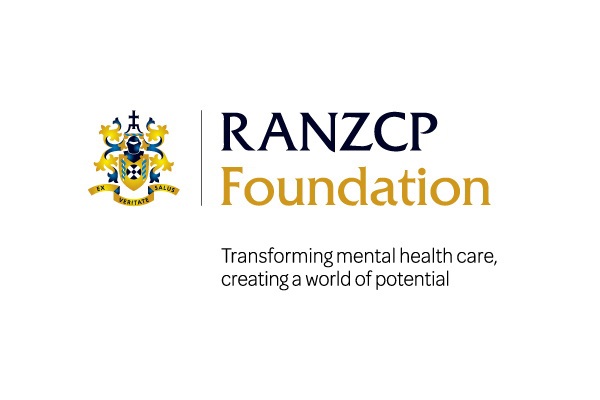
Combining music therapy and psychotherapy for people affected by younger-onset dementia
1 Jan 2023
Grants & awards
Project led by Associate Professor Samantha Loi, RANZCP Fellow.
Overview
In 2021 Associate Professor Samantha Loi was awarded the inaugural RANZCP Foundation Catalyst Grant for her pilot project, ‘Combining music therapy and psychotherapy for people affected by young-onset dementia’.
People living with young onset dementia (YOD), as well as their carers or support persons, are at high risk of depression and anxiety due to ongoing psychosocial stressors of living with and supporting someone with dementia from a young age. Perceived lack of support and social isolation can further contribute to mental illness. There is increasing evidence that both CBT and music therapy are beneficial for these groups. This pilot project involved a seven-week online manualised group program for carers and people living with YOD.
Research
Objectives: People living with young-onset dementia and their care-partners experience a range of adverse mental health and social isolation. There are few interventions aimed at the couple affected by young-onset dementia, which has specific psychosocial issues relevant for younger people.
Design: Pre-post interventional mixed methods study.
Setting: Online videoconference group program for individuals living with young-onset dementia and their care-partners, held in Australia.
Participants: Five couples were involved in the program. The most common young-onset dementia was that of Alzheimer’s type. There were two facilitators involved in the intervention.
Intervention: Music And Psychology & Social connections (MAPS) is an online, co-facilitated group-based program that aims to address two themes,
- The challenges and changes associated with living with young-onset dementia, or being a spouse;
- Finding ways to be positive.
The program involved 6 weekly sessions and a private Facebook group.
Measurements: The primary outcome was feasibility and acceptability of MAPS which involved semi-structured interviews with participants after MAPS was completed. We also collected pre- and post-quantitative measures of mental health and social connectedness as secondary outcomes.
Results: Participant attendance was 87% across all sessions. Findings from the interviews supported acceptability of the program with the major themes reported as “being in the same boat” and ongoing support. Feasibility was demonstrated by achievement of recruitment and that all dyads completed the entire program. There were no significant improvements in the quantitative measures with a trend towards improvement in social connectedness for the people with young-onset dementia and their care-partners.
“I just got quite emotional because I thought the production of that song and the words that we put out on the screen, were just fantastic, and I turned around to look at [partner] and he had tears in his eyes […] I just felt like it was a combination of such good work between all of us with trying to put that song together and the right words, music. And I think I was on a bit of a high for the rest of the day after listening to the two songs.” Person with young-onset dementia
Conclusion: MAPS was feasible and acceptable to the targeted participants.
More information
Research protocol: https://doi.org/10.3390/brainsci12040503
Publishing paper submitted end of Dec 2024.
A/Prof Loi and her team discuss the positive effects of the MAPS program for couples affected by young-onset dementia, including the songs which were produced by the participants. Psych Matters, Podcast August 19, 2022.

More news & views
Apply for research funding, prizes and honours, or nominate and acknowledge an outstanding colleague...
Dr Jai Nathani is an RANZCP Fellow and Consultant Psychiatrist with the Dobney Hypertension Centre a...
The Victorian Branch Committee are delighted to announce the recipients of the 2025 Victorian Branch...